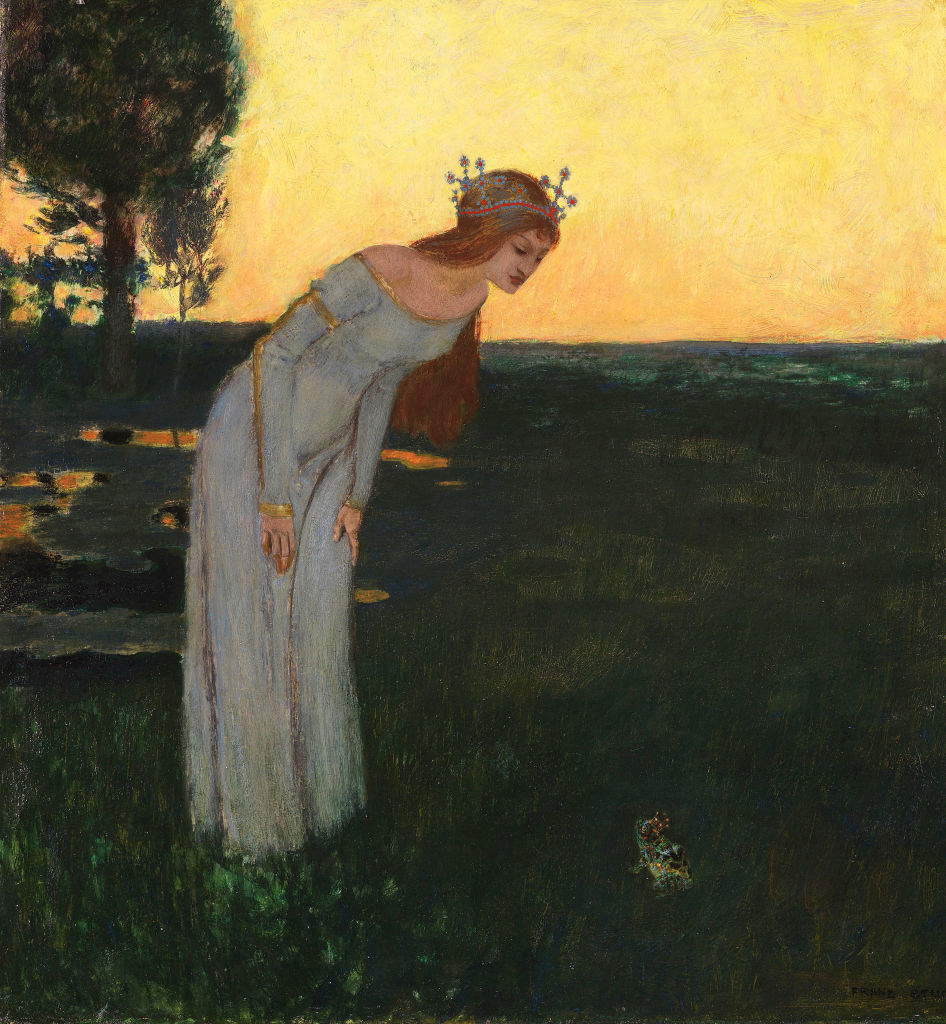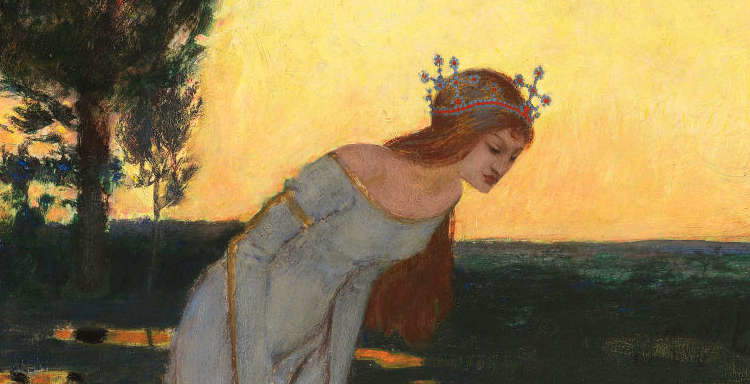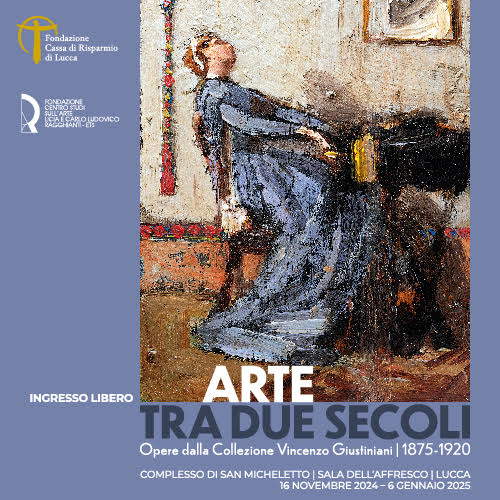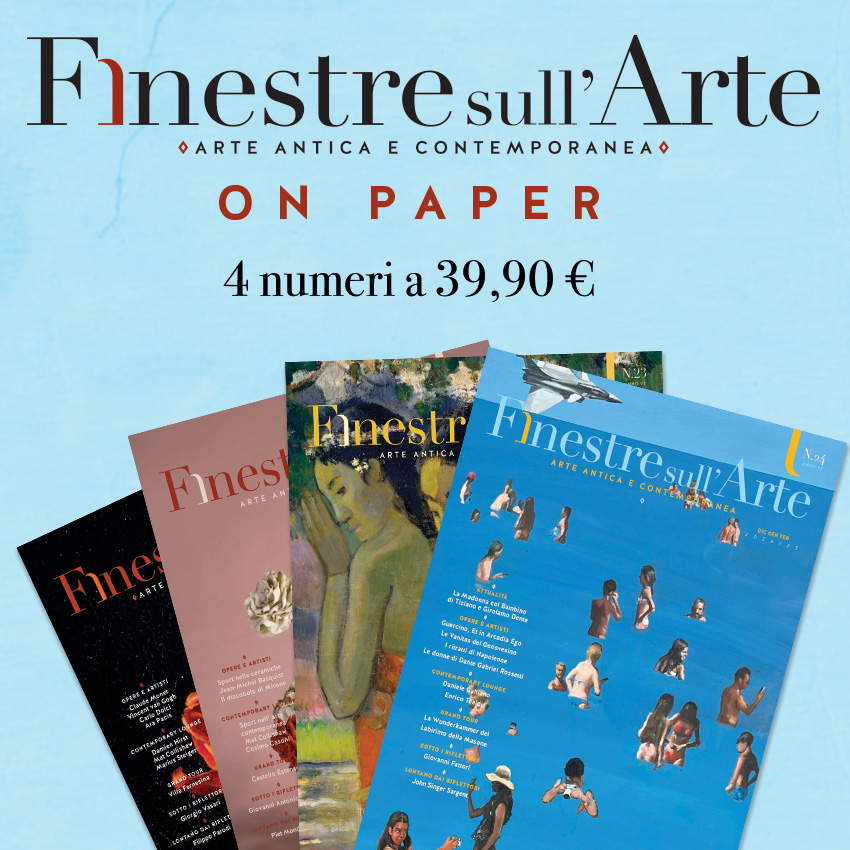Germany, stole paintings from the museum where he worked and sold them at auction. Convicted
He stole some important paintings from a German museum, replacing them with copies in order to auction off the originals. It happened in Munich, where on Sept. 11 the district court sentenced a 30-year-old man, an employee of a city institution (which is not named in the court’s statement, while Süddeutsche Zeitung, one of Germany’s leading newspapers, says it is the Deutsches Museum) to a total prison sentence of 1 year and 9 months to be served with probation, for selling three paintings and attempting to sell a fourth painting illegally. As compensation, the court ordered the confiscation of a sum of 60,617.90 euros.
From May 2016 to April 2018, the 30-year-old was employed as a technical clerk “in the management of the collections of a museum in Munich,” the court memo said. By virtue of his role, the man had access to the museum’s storage room where the stolen paintings were stored. During this time, the former employee first traded in an important painting by Franz von Stuck, The Frog Prince’s Tale (“Das Märchen vom Froschkönig”), offering the original for auction at a Munich auction house, Ketterer, in a sale held on May 24, 2017. The man falsely claimed that the painting was the property of his grandparents: thus put up for sale with an initial estimate of 40,000 euros, it was bought by a Swiss gallery that sold it for the sum of 70,000 euros. The former employee received a total of 49,127.40 euros from the sale, paid in cash.

The other two paintings stolen from the museum are The Proof of Wine (“Die Weinprüfung”) by Eduard von Grützner and Two Girls Collecting Wood in the Mountains (“Zwei Mädchen beim Holzsammeln im Gebirge”) by Franz von Defregger: again using the same mechanism, they netted the defendant €4,490.50 and €7,000, respectively. The fourth painting is Dirndl by Franz von Defregger, which, however, was not auctioned.
As a result of the three illegal sales, the former employee received a total of 60,617.90 euros, using the money to pay off his debts and finance a luxurious lifestyle. “The defendant shamelessly exploited the possibility of access to the deposits of the employer’s buildings,” the judgment reads, “and sold valuable cultural goods to secure an exclusive standard of living and to show off.”
All’s well that ends well? Of course not: in fact, the case raises several questions. First, a question of security: how did the 30-year-old man manage to act undisturbed by getting as many as four paintings out of museum storage? And then, how is it possible that no one at the auction house noticed the illicit provenance of the work, especially since, in the case of Franz von Stuck’s work, the sale card included detailed provenance information? In fact, the card could read its provenance from the collection of collector Arthur von Franquet of Braunschweig (the collector’s stamp appeared on the back), later passed on to his son Carl Friedrich von Franquet, also an art collector and the owner of, among other works, a version of Munch’sScream auctioned in 2012 by Sotheby’s in New York and sold for $125 million.
The work does not appear to be available in public databases: if all museum works were published in free catalogs that could be freely consulted by all, risks such as those in this case would be greatly reduced, because auction houses would have much less room for error as it would be easier to check the origin of works.
 |
| Germany, stole paintings from the museum where he worked and sold them at auction. Convicted |
Warning: the translation into English of the original Italian article was created using automatic tools. We undertake to review all articles, but we do not guarantee the total absence of inaccuracies in the translation due to the program. You can find the original by clicking on the ITA button. If you find any mistake,please contact us.






























